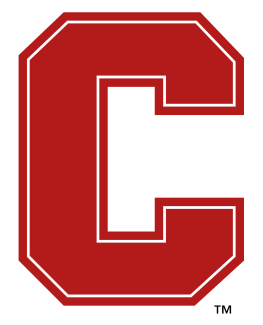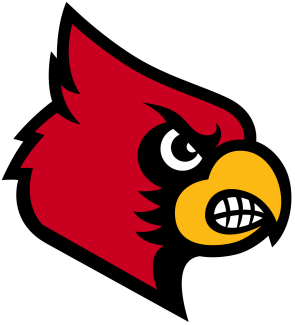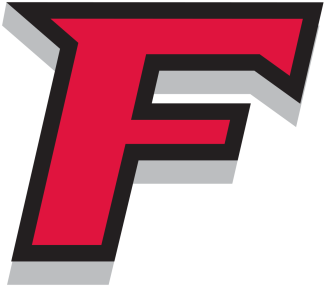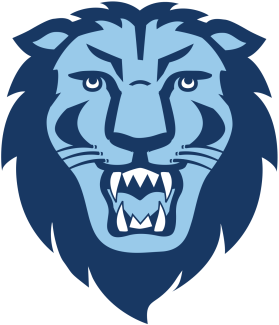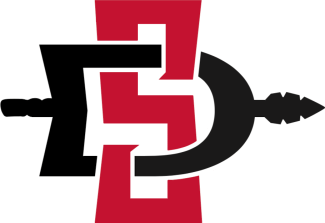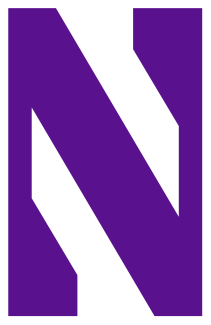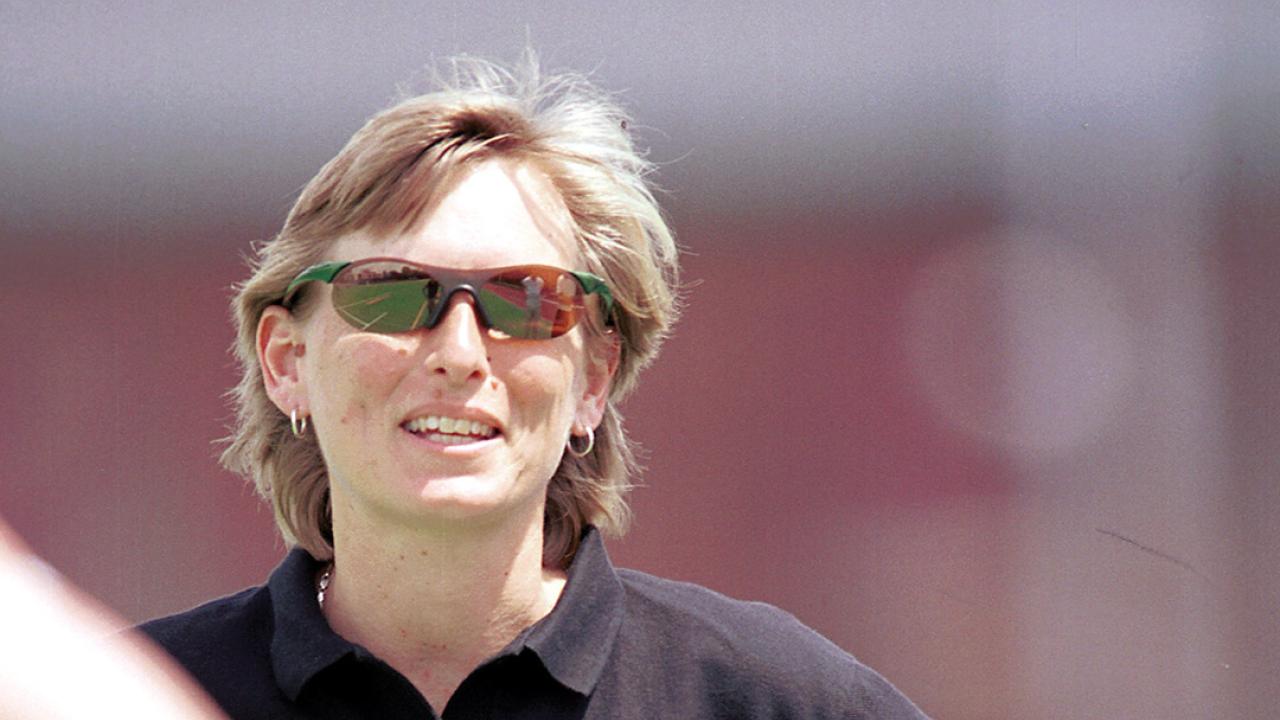DIANE GEPPI-AIKENS CONSIDERS HERSELF LUCKY and that might be all you need to know to understand her spirit, will and desire.
Since 1995, Geppi-Aikens, the head women’s lacrosse coach at Loyola College, has fought and battled a recurring brain tumor. Three times in the last eight years she has had to undergo full craniotomy brain surgery procedures to remove the tumor. She’s endured radiation, chemotherapy, drugs. Through it all, she’s never missed a game, never stopped fighting.
Now the cancer is taking more than it ever has before. Her left leg and left arm are no longer functional. She gets around in a wheelchair. Her face is swollen. Still she laughs, still she smiles.
“I can still talk to my kids. I’m not in any pain,” said Geppi-Aikens. “How can you ask for anything more when you have a huge brain tumor in the middle of your head that’s eventually going to kill you. To be able to speak to your children, to be able to cognitively be okay and not be in any pain. How lucky can you be?”
It’s that outlook that has made her so special to so many during a difficult time. In January, she received the NCAA’s annual Inspiration Award.
She has four children — a son, Michael, who is 17 and will attend Loyola next year, and three daughters, Jessica, 15, Melissa, 12, and Shannon, 8. Every day with them is a gift.
“My kids are old enough now that they can enjoy me,” said Geppi-Aikens. “I can still read books to them, I can still talk to them. For somebody to be in a position where you know you’re going to die, but yet you’re not in any pain and you can still enjoy your kids, you’ve got to think that’s a positive. You do think about the World Trade Center. How many people walked in there and wanted one minute back? I get those minutes every day and I’m very fortunate.”
Geppi-Aikens had her third craniotomy last January. She coached all of last season while undergoing chemotherapy treatments. But last fall she was diagnosed with an aggressive brain tumor in her brain stem.
“It’s been excruciating to watch her go through this, but I get great strength from watching her,” said Janine Tucker, one of her former players, a friend and the head coach at Johns Hopkins University. “I remember when she told me that the tumors were back — that they were more aggressive and there were more of them. We both knew what that meant, but then she said, ‘I’m going to keep fighting and cherish every day.’”
Geppi-Aikens doesn’t know how to give up and she’s not going to feel sorry for herself. Betsy Economou, who played for her at Loyola in the mid-1990s, tells the story of when Diane was pregnant with Shannon. When “morning sickness” hit her, she’d go off to the side of the field to get sick, not wanting her players to think she wasn’t tough enough. She’s not going to change now.
“I don’t feel sorry for myself. I don’t ever feel sorry for myself,” said Geppi-Aikens. “I get up in the morning and I try to function, fighting this thing while I’m kind of keeping a realistic aspect of it. I’m really lucky I’m not in any pain and I can still cognitively function to enjoy my kids and there’s a lot of people out there that can’t say that. In a lot of ways there’s a lot of positive. I’ve have one good leg and one bad leg. I have one good right arm and one bad one. There’s always a positive, always. I think that’s the way I live life and I think I get that through my competition in sports.”
Sports have always been a big part of her life. Her aunt, Arlene Geppi, then the volleyball coach at Towson State University, talked her into trying volleyball instead of field hockey at Parkville (Md.) High School. She also played lacrosse and went on to a standout career in both sports as a player at Loyola. She was a four-year starter in both sports and a two-year captain. In lacrosse, she earned All-America honors as a goalie, set Loyola’s single-season save percentage record (.749) and was a member of the U.S. national team.
Coaching called after graduation, and her aunt’s prodding paid big dividends.
“I think I had it in my blood to coach and volleyball got me in the door,” said Geppi-Aikens.
She was named the head volleyball coach at Loyola, a position she held until 1990 and also served as an assistant lacrosse coach. In 1989, she took over the lacrosse program and the success has been nothing short of amazing. Her teams have gone 179-69, reaching six NCAA tournament semifinals and played for the national title in 1997. Twice she has been named the national coach of the year.
She feels blessed to have found coaching.
“To be able to have a passion about what you do for a living, I think is just special,” said Geppi-Aikens. “How many people get up in the morning and don’t even want to get up or don’t want to go to work? I have a passion for coaching and I have a passion for making a difference in young people’s lives and I think that’s what I’ve done best.”
COACHING HAS BEEN AN INTEGRAL PART OF HER LIFE and she’s not ready to change that. Despite her illness, Geppi-Aikens plans to be on the Loyola sideline this spring.
“I’m going to try to coach,” she said. “I think we’re good, so I think we’re gonna win some ball games. My dad is my caretaker and he watches me just about 24 hours a day. He’s the one that’s pushing the wheelchair and he’s going to follow the bus in his car with my wheelchair and he’s going to push me up and down the sideline and I’m going to coach this year. We’re big, we’re fast, we’re strong and we’ve got a great staff.”
The staff, she says, is what makes her desire to coach this year feasible. Associate coach Kerri Johnson played at Loyola and coached with Geppi-Aikens since her 1997 graduation. Krystin Porcella, another Loyola grad, is in her third year on the staff. Tom Ryan, a men’s professional player, is in his fifth year as a volunteer assistant. Johnson, in particular, has been invaluable.
“She’s not only an assistant, she’s a friend and that makes a huge difference in how things are approached,” said Geppi-Aikens. “She’s come over here and spent the night before and given my dad a break. If you have loyalty in an assistant coach, you have everything. She knows what she’s doing in the office and on the field, so you don’t have to worry about anything. That’s a huge help.”
